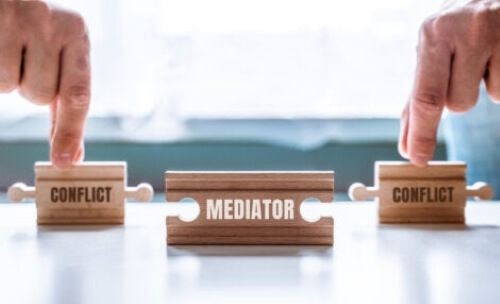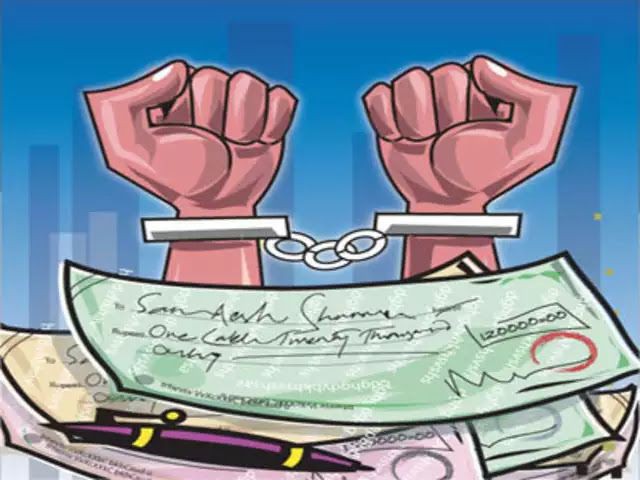Negotiation is an essential part of resolving legal disputes in India. It involves parties coming to an agreement without resorting to litigation. In this detailed analysis, we will explore the steps to effectively negotiate in legal disputes in…
READ MORE
INTRODUCTION Bail is an integral part of the criminal justice system in most nations across the globe, including India. Bail is a way to ensure that the accused is present before the court for trial,…
READ MORE
INTRODUCTION The Arms Act, 1959 is an Act of Parliament of India which regulates matters relating to acquisition, possession, manufacturing, sale, transportation, import and export, and licencing of arms and ammunition. It also empowers government…
READ MORE
Introduction Alternate Dispute Resolution (ADR) is a dispute resolution method that employs non-adversarial (i.e. out of court) ways to adjudicate legal controversies. ADR methods are informal, cheaper and faster, in comparison to the traditional litigation…
READ MORE
Introduction All legal action can only be taken once notice has been served upon the entity or individual you wish to take to court. This procedure makes taking a case to court legal. The notification…
READ MORE
A “power of attorney” is a legal instrument whereby one person gives another person the authority to act on his or her behalf as his legal representative and to make binding legal and financial decisions…
READ MORE
Introduction Paying someone a check without having enough money in the bank may result in the drawer of the check being arrested. Cheques are used in a variety of situations, including loan payback, wage payment,…
READ MORE
THE DEFINITION OF JURISDICTION The idea of jurisdiction plays a role in determining which code is acceptable for specific litigation. The power or authority given to a court to hear the case in front of…
READ MORE







